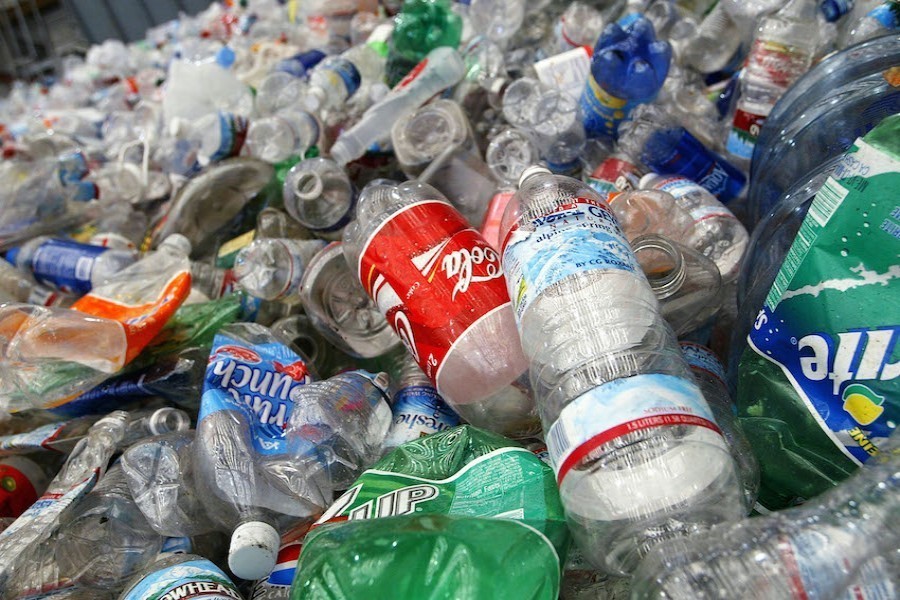At an event held in the capital recently to observe the 'International Plastic Bag Free Day-2021', speakers urged upon the government to ban single-use plastics--- a demand that need not be elaborately justified given its visible ruinous impact on public heath and ecosystem. The event was organised by the Environment and Social Development Organisation (ESDO) in collaboration with Plastic Solution Fund. What the speakers, mostly environmentalists, said appears no more than ritual chanting as the damaging effects of plastic products and bags have been flagged for long. It may be recalled that decades ago, the then government issued a ban on production and use of poly bags in the country which for a while seemed to work but over the years things have changed and there is no noticeable action to stop its uncontrolled use. The case with single-use plastics is a bit different. Although there is no law in place to stop production of these items, most conscious people are aware of their harmful effects.
Single-use plastic (SUP) is the most toxic pollutant in the plastic waste stream. SUP, often referred to as disposable plastics, is commonly used for packaging and include items intended to be used only once before they are thrown away or recycled. These include, among others, food packaging, water bottles, straws, containers, cups, spoons, forks, knives, cutleries and so on. All these materials represent the epitome of today's throwaway culture. Put simply, single-use plastics are goods that are made primarily from fossil fuel-based chemicals (petrochemicals) and are meant to be disposed of right after use. According to a United Nations' report, out of the nine billion tonnes of plastics currently in use globally, only nine per cent is being recycled. Most of the plastic ends up in landfills, oceans and waterways and open environment. Since these materials do not biodegrade, they slowly break down into smaller pieces called micro-plastics, dangerously affecting the earth, water bodies including the ocean waters and aquatic species. The toxic chemicals used in manufacturing plastic goods get transferred to animal tissue, eventually entering the human food chain.
Advanced countries, where SUPs are mostly used, put a lot of effort and investment in recycling through application of sophisticated methods and innovative practices. In the developing world, countries like Bangladesh are far from taking the least effort to recycle SUPs. Added to this is the practice of making cheap plastics, even from materials not suited for containing edible items. This obviously is an instant health hazard.
Outright banning of SUPs may be a difficult task but what can be done to curb their ill-effects on life and ecosystem is to focus on recycling with all seriousness. Presently, there are a number of environment protection groups working in the country who, in all likelihood, would be interested to work with the government in devising easy and handy methods of recycling while at the same time launching a strong campaign on their harmful effects. In this regard, it must be mentioned that banning production and use of thin poly bags which came into force quite sometime ago, should be enforced immediately.


